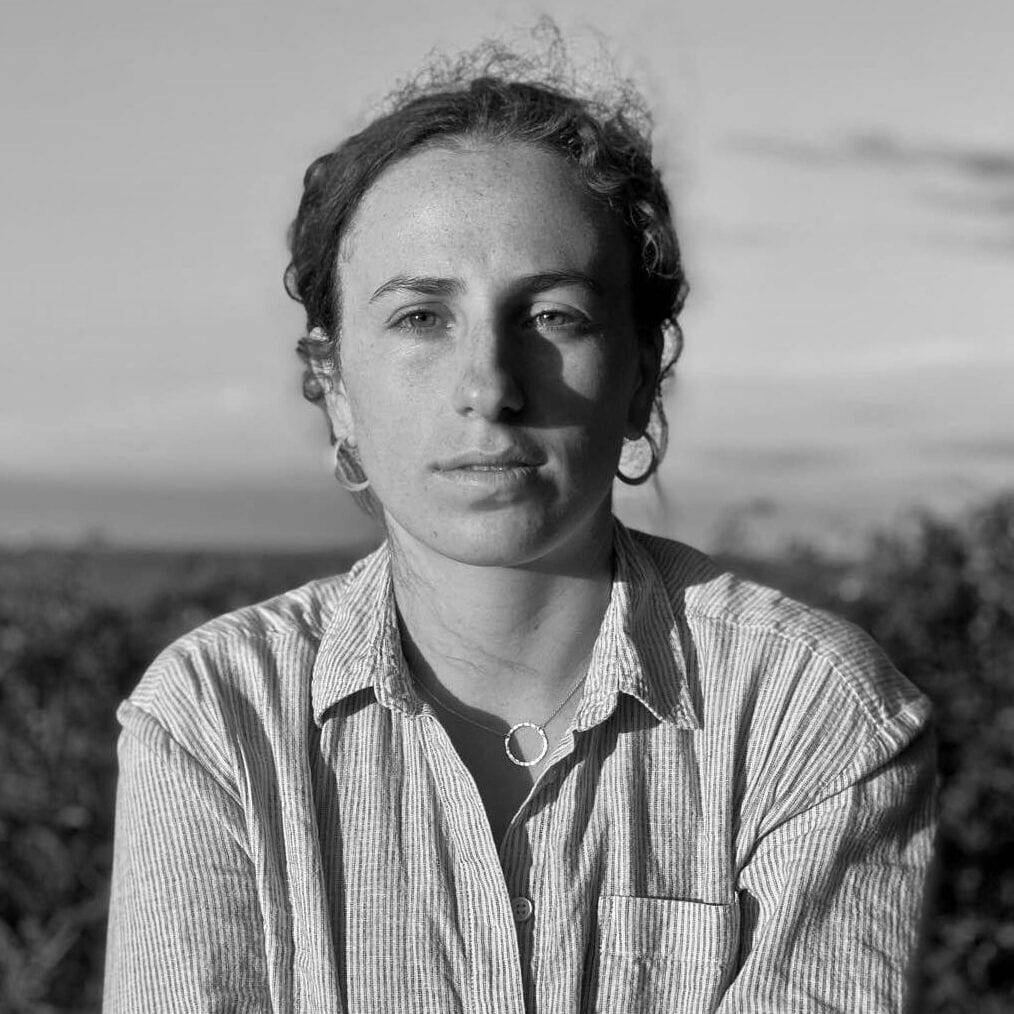For decades, Palestinians have been forced to live under Israeli occupation in their own land. They function under often arbitrary restrictions on their freedoms that pervade every aspect of life.
Israel’s forced evictions; unexplained detentions and arrests; and military offensives against the Palestinians in the Gaza Strip, though known about in the West have tended to be overlooked in the name of “Israeli security and self-defence”. As British-Palestinian filmmaker Farah Nabulsi says, though, “Everything that has been going on, is still going on.”
She specialises in emotive short films which detail aspects of the daily life of Palestinians living in their ancestral homes in the occupied territories. Having been an equity stockbroker and business owner, Nabulsi started writing and producing short films after an eye-opening trip to her family homeland in 2013.
![Farah Nabulsi is a filmmaker who specialises in emotive short films which detail aspects of the daily life of Palestinians living in their ancestral homes in the occupied territories [provided]](https://i0.wp.com/www.middleeastmonitor.com/wp-content/uploads/2020/06/Farah-Nabulsi-_2.jpg?resize=920%2C613&ssl=1)
Farah Nabulsi is a filmmaker who specialises in emotive short films which detail aspects of the daily life of Palestinians living in their ancestral homes in the occupied territories [provided]
Nabulsi tells me that it is hard to understand the extent of the control that the Israeli occupation forces wield over Palestinians and the effect on daily life unless you actually go to see for yourself. “A visit is different to looking at a map of the settlements. You actually see the proximity of these settlements, not just where they are in the West Bank and the Palestinian towns and villages and cities, but how large some of them are and how many there are.”
READ: Today They Took My Son
Trips to Palestine, however, have been made increasingly difficult in recent years, for both diaspora Palestinians and tourists. That’s why the filmmaker brings emotional, hard-hitting, personal stories back from Palestine on video for western audiences. The personal aspect and connection is very important, she insists.
“I have met with mothers whose 13-year-old boys were in military prison, I listened to their stories of how they were taken, what their experiences inside prison were. I have met families whose homes were demolished and had tea with them on the rubble.” That’s hard, she adds.
For Farah Nabulsi, though, the facts, figures, maps and reports may be readily available, but they are not enough to really explain what it is like to live in Palestine. This, she believes, allows casual observers to remain detached from the reality of life under military occupation.
“Hearing personal stories allows people to humanise the Palestinians and their cause, and understand that they are not simply statistics; they are real people. When the audience members are able to relate to what they see and hear, and who they see and hear from, then they are touched even more deeply because that is the stage at which they are able to empathise with the people on the screen.” Her films, she points out, are intended to speak directly to the heart. “You will never get through to people’s minds unless you have got through to their hearts.”
WATCH: Nightmare of Gaza
Nabulsi’s films debunk the dehumanising colonialist narrative that Palestinians are “hate-filled terrorists”.
In her most recent production, The Present, for example, she tells the story of the struggle of a Palestinian man, Yusef, and his daughter to get past Israeli checkpoints, roadblocks and soldiers while on what should be a simple shopping trip to buy his wife a gift for their wedding anniversary.
The short film, she tells me, was based on her own experiences and that of other Palestinians with restricted freedom of movement in the West Bank. She just could not understand the checkpoints. The dialogue went something like this:
“If you go to buy a bottle of water, do you have to go through this checkpoint?”
“Yes.”
“Okay, you want to go see your friend and he is a hundred metres away, do you have to go through the checkpoint?”
“‘Yes.”
This hits home the fact that even simple tasks can be extraordinarily complicated for Palestinians living under occupation.
![Farah Nabulsi is a filmmaker who specialises in emotive short films which detail aspects of the daily life of Palestinians living in their ancestral homes in the occupied territories [provided]](https://i0.wp.com/www.middleeastmonitor.com/wp-content/uploads/2020/06/Farah-Nabulsi-.jpg?resize=920%2C613&ssl=1)
Farah Nabulsi is a filmmaker who specialises in emotive short films which detail aspects of the daily life of Palestinians living in their ancestral homes in the occupied territories [provided]
The Present has already won three awards at film festivals in the US and Europe, qualified for the Oscars and yesterday won the “Bridging the Borders Award” at the Palm Springs International Festival of Short Films.
“For The Present to have been nominated for the Palm Springs ShortFest was wonderful and certainly good enough,” Farah Nabulsi told MEMO. “But then to win the Special Jury Award at such a prestigious film festival is especially meaningful. The Present and the rest of my films are intended to break down stereotypes and misconceptions, and replace them with bridges of understanding about the real Palestinian experience.”
OPINION: Palestinian Jerusalemites shouldn’t be left alone to face the Israeli bulldozers








